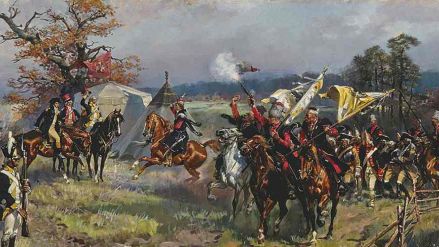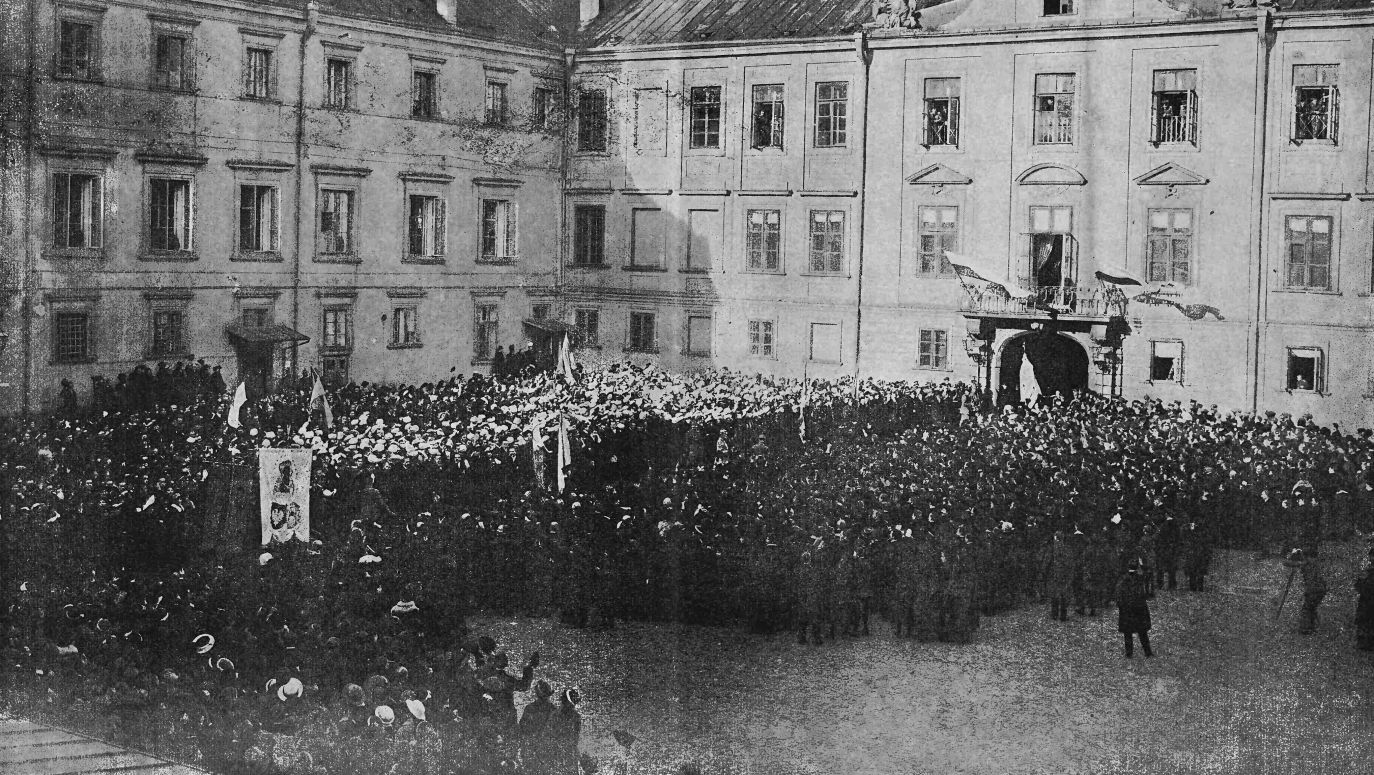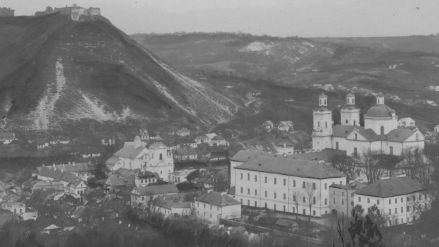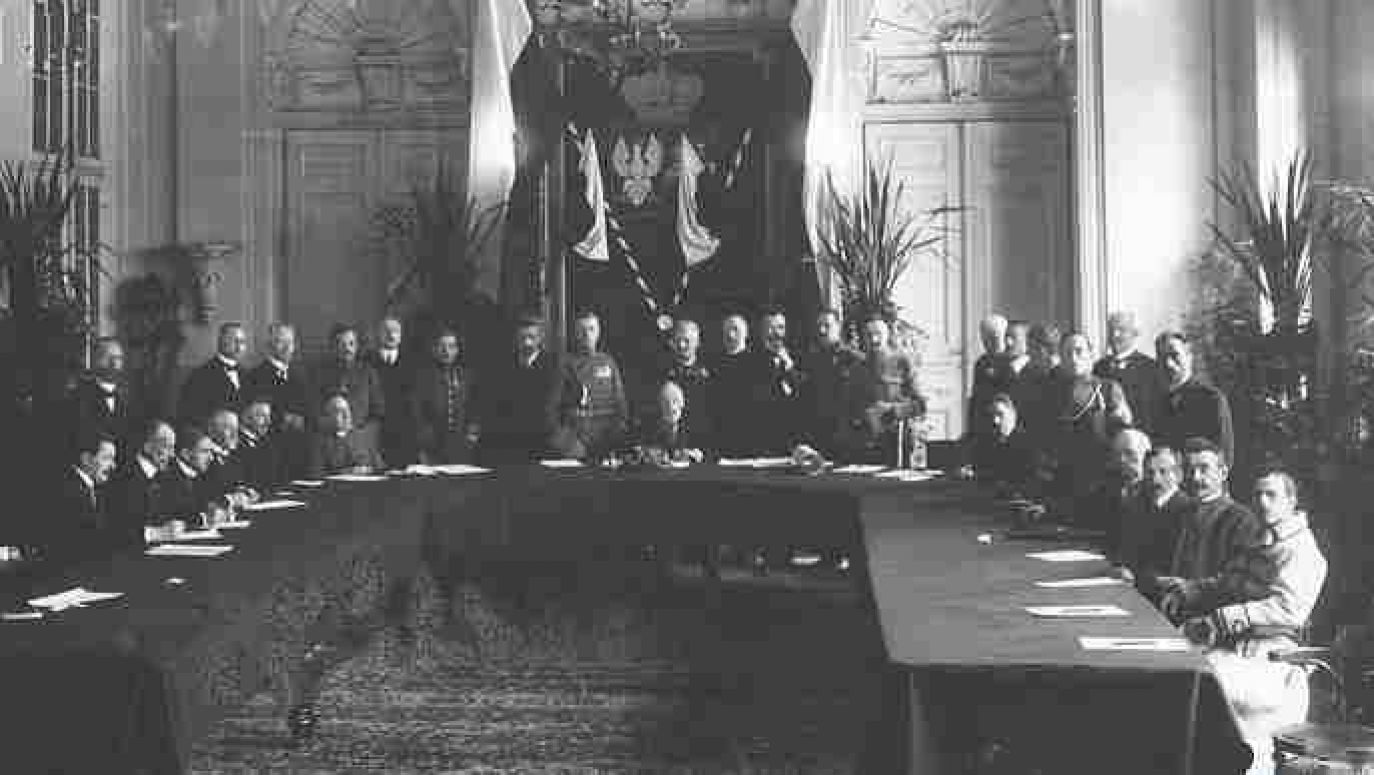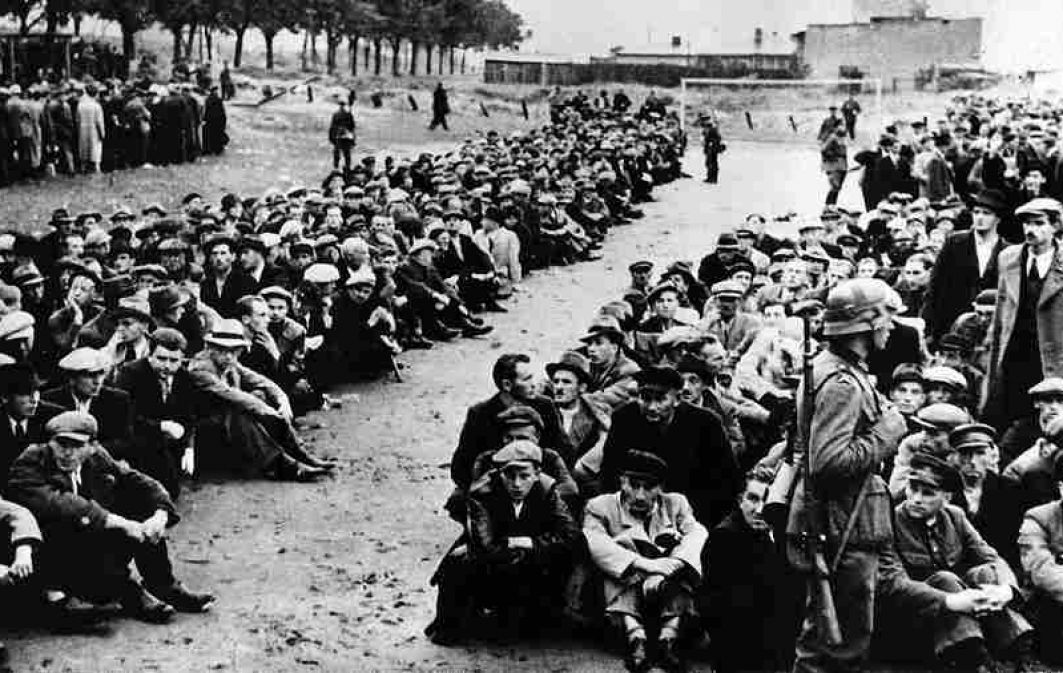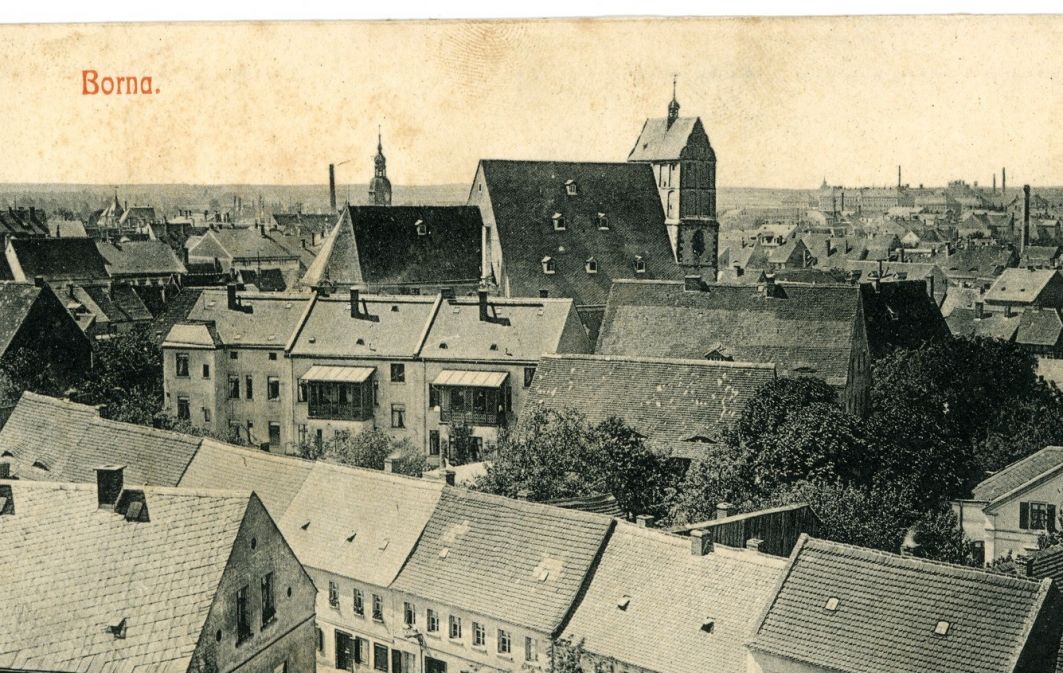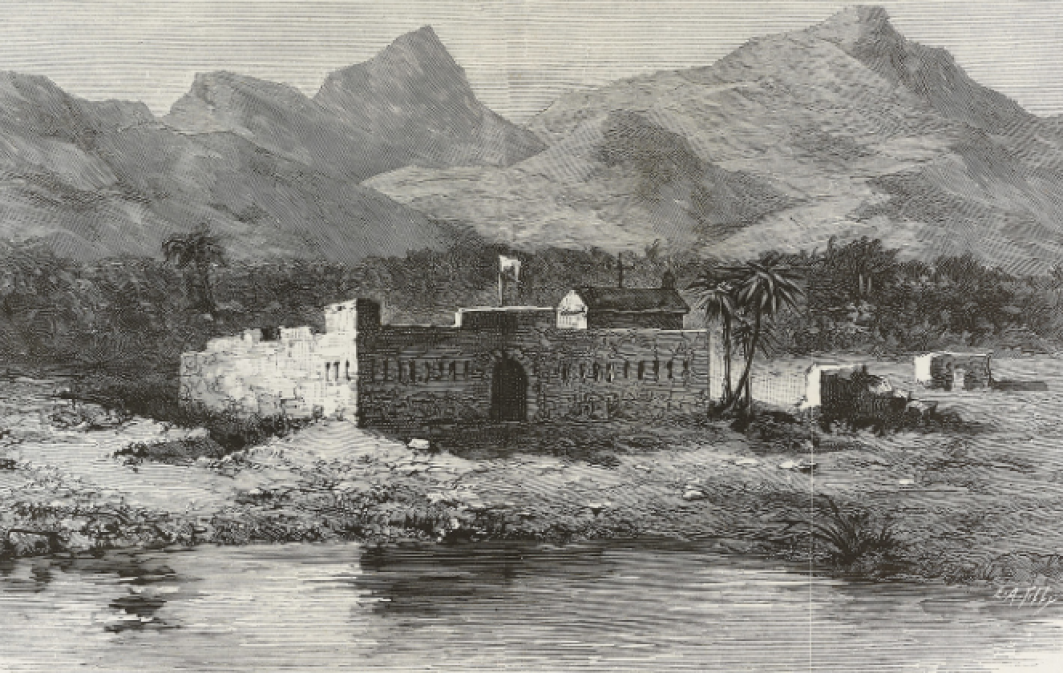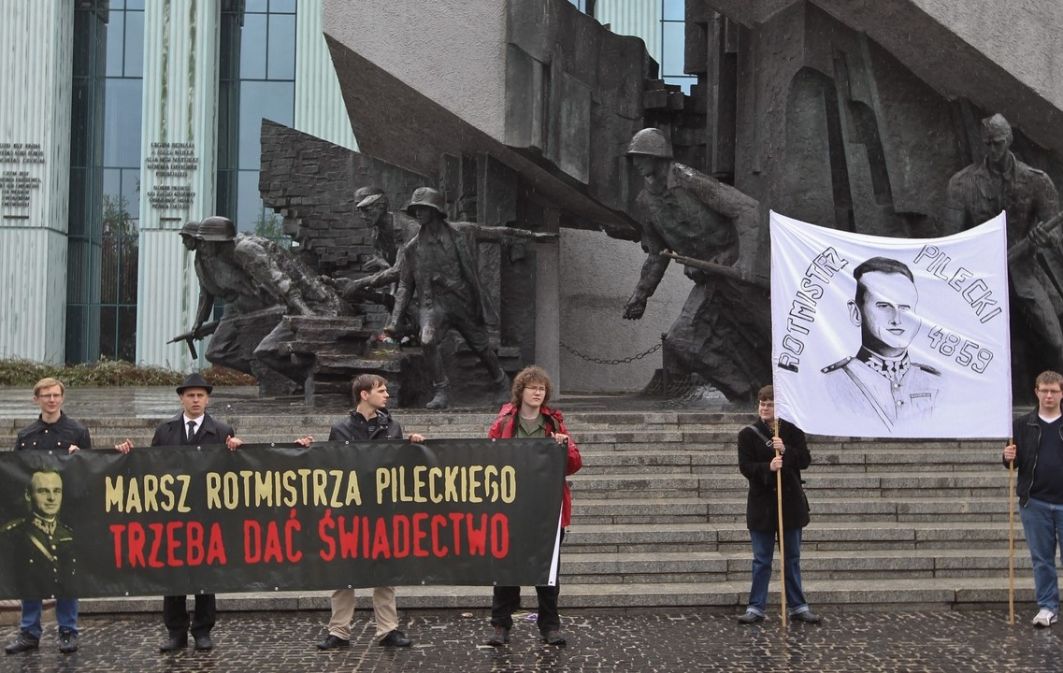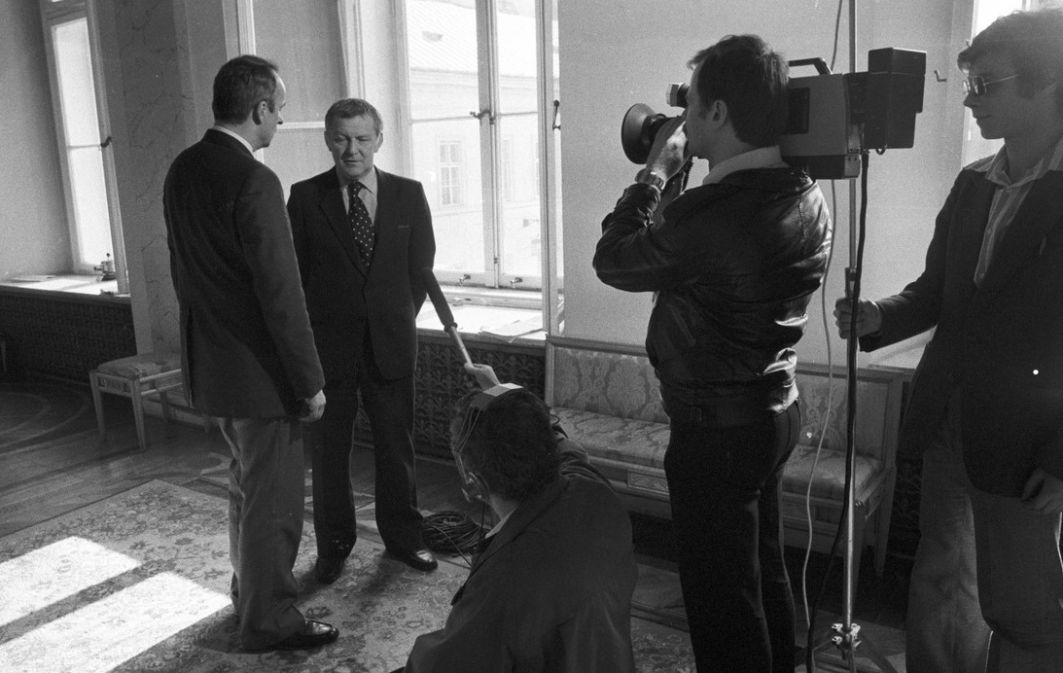The wisdom of the stage, though the concept was not yet known, dictated that one should take what one was given, and then we shall see. A Provisional Council of State was set up, as an advisory collegiate body to the German authorities, and joined by the founder of the Legions, Józef Piłsudski, who had come from Kraków. When the Commandant arrived in Warsaw on 12th December 1916, an enthusiastic crowd unhitched the horses from the carriage carrying him from the railway station to the hotel, which certainly did not please Hans von Beseler.
From the Provisional Council of State emerged the Regency Council, as the executive body, and it in turn formed three successive governments and on 7 October 1918 proclaimed Poland's independence in quite different political circumstances, without asking the opinion of the governors: the German, Hans Hartwig von Beseler, and the Austrian, Karl Kuk - Germany had lost the war in the West, and Austria, for various reasons, had already meant little on its own for some time.
Further events unfolded rapidly and are generally known. The day before the Central Powers' capitulation on the Western Front, Józef Piłsudski arrived in Warsaw again, with the Regency Council handing over military (and later civilian) power to him the following day, i.e. 11th November 1918. Piłsudski was released from more than a year's internment in Magdeburg as a result of the Oath Crisis - the refusal of the First and Third Brigades of the Legions to take the military oath to Emperor Wilhelm II.
Spirit of the 5th November Act
The Oath Crisis showed that the intentions of the authors of the 5th November Act were not entirely consistent with its letter. They could not have been, given that already on 9 November 1916, a speech by the Imperial Chancellor, Theobald von Bethmann-Hollweg, to a committee of the Reichstag, reflecting the state of consciousness of those ruling Germany, was recorded in Berlin:
"For the sake of the eastern campaign, we had to decide on a political game. The proclamation of Poland will assure us of the submission of the Poles, will fill the chinks in our regiments, will allow us to introduce new taxes, and will finally empower us to rule this country. For we alone will rule the Poland created, no other form can even be thought of. The territories to the east are natural sites for future colonisation, which, with God's help, we must succeed in doing."
In international politics, no one ever gives anything for free to anyone - not on 5 November 1916, not ever. If it even looks like it is giving, there must be a catch somewhere. Here, the real reason for Germany's generosity was the concept of Mitteleuropa, present in political thinking in Berlin and Vienna since the mid-19th century. Between French recklessness, British (later joined by the USA) perfidy and eastern, Russian barbarism there is a middle ground (Mitte), and here Germany must reign.
The more flexible German imperialists wanted to break with Bismarck-style brutal Germanisation as ineffective. Germany's organisational attractiveness was itself to lure Central European countries, which in their own interests should be subject to German influence and control. On countries such as Poland - independent, of course - Germany would by various methods impose barriers to development in order to be its market and hinterland.
These ideas, which Kaiser Wilhelm II probably did not grow up to and his Chancellor von Bethmann-Hollweg was still expressing in Bismarckian terms, were laid out in Friedrich Naumann's book "Mitteleuropa", published in 1915 and sold a hundred thousand copies. The administrative and military elite of the German empire read it and discussed it, but did not manage to make use of it.
After the days of Nazism and communism, the ideas of Naumann, pastor and politician, seem to be gaining currency and coming to fruition effectively in practice. A network of German foundations, some even affiliated with political parties in Germany - such as the Naumann Foundation of the FDP - governs the thinking of the elites in Mitteleuropa, while the influence and control in the economies and at the same time the barriers to development are taken care of by the EU bureaucratic apparatus.
The spirit, because it is not the letter, of the Act of 5th November has the opportunity to be realised in an unexpectedly wide range. This could only have occurred to Hans von Beseler, who is said to have been a reader of Naumann.
– Krzysztof Zwoliński
-Translated by Tomasz Krzyżanowski
TVP WEEKLY. Editorial team and jornalists
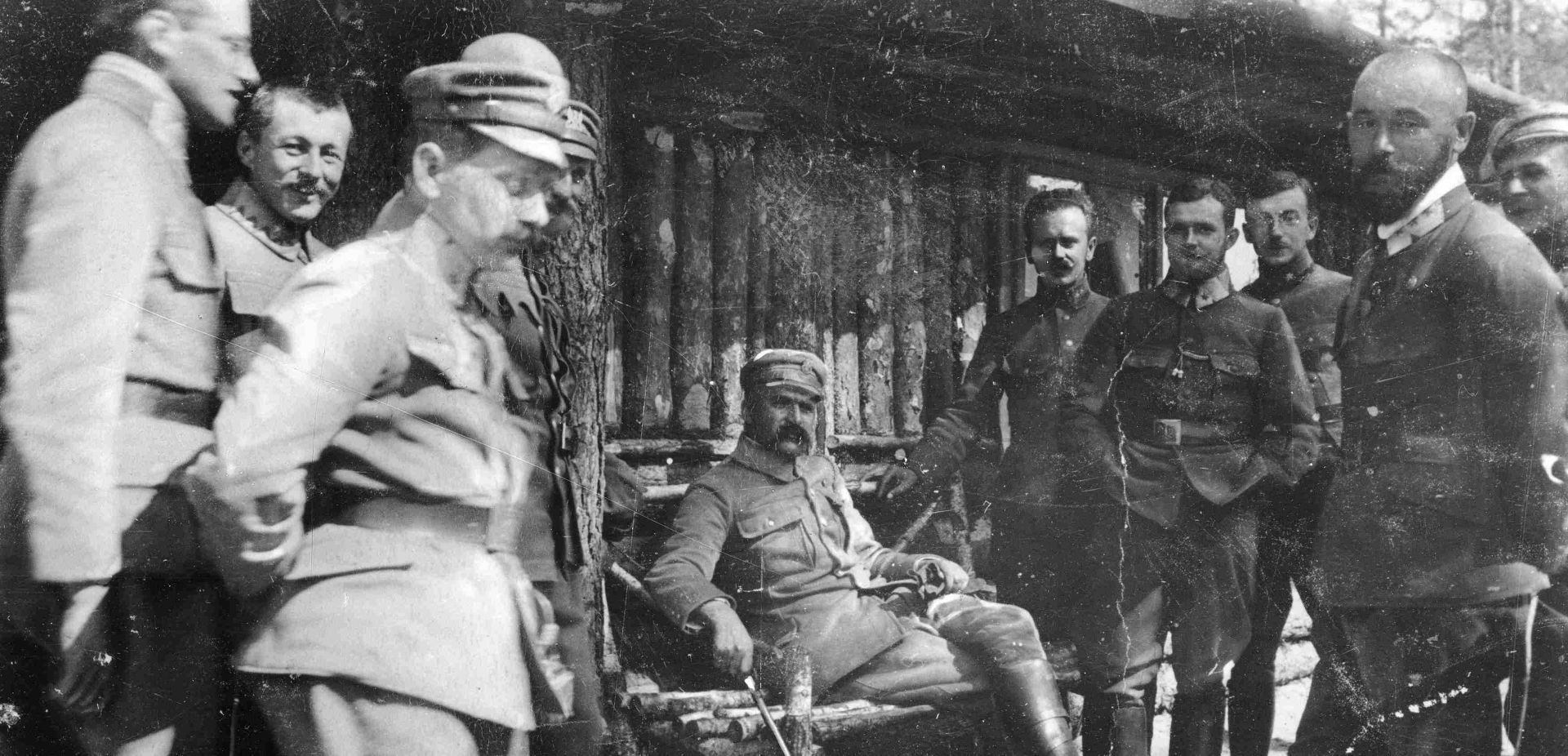
 SIGN UP TO OUR PAGE
SIGN UP TO OUR PAGE
 The next day, after a massive shelling, the Russians launched further attacks. Confident that their fire would break down the Polish defences, they brought cavalry onto the battlefield, something one does not do against an enemy dug in and capable of dense fire. The cavalry paid dearly for this error of Russian command. The attack collapsed in the face of huge losses. The infantry also suffered; the field in front of the Polish lines was densely covered with enemy corpses. However, after the collapse of the Hungarian defence on the Polish left wing, the threat of encirclement once again hung over the Legions.
The next day, after a massive shelling, the Russians launched further attacks. Confident that their fire would break down the Polish defences, they brought cavalry onto the battlefield, something one does not do against an enemy dug in and capable of dense fire. The cavalry paid dearly for this error of Russian command. The attack collapsed in the face of huge losses. The infantry also suffered; the field in front of the Polish lines was densely covered with enemy corpses. However, after the collapse of the Hungarian defence on the Polish left wing, the threat of encirclement once again hung over the Legions.